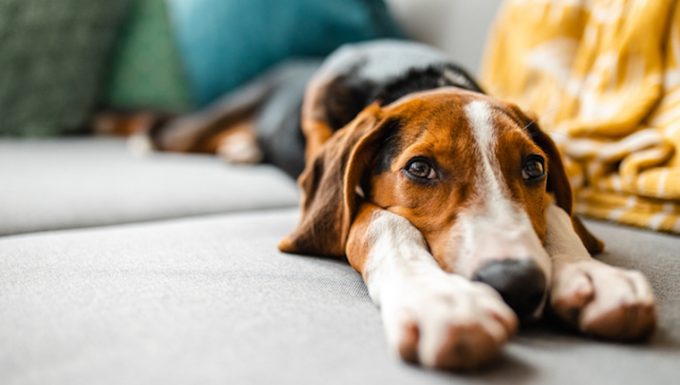Excessive bacteria in the small intestine in dogs causes weight loss and pooping problems. The condition happens when a dog has digestive issues.
Additionally, a lot of cases are caused by an underlying condition.
Technically, the condition is also known as small intestinal bacterial overgrowth. This is shortened to SIBO.
All dogs can suffer from the problem. But









